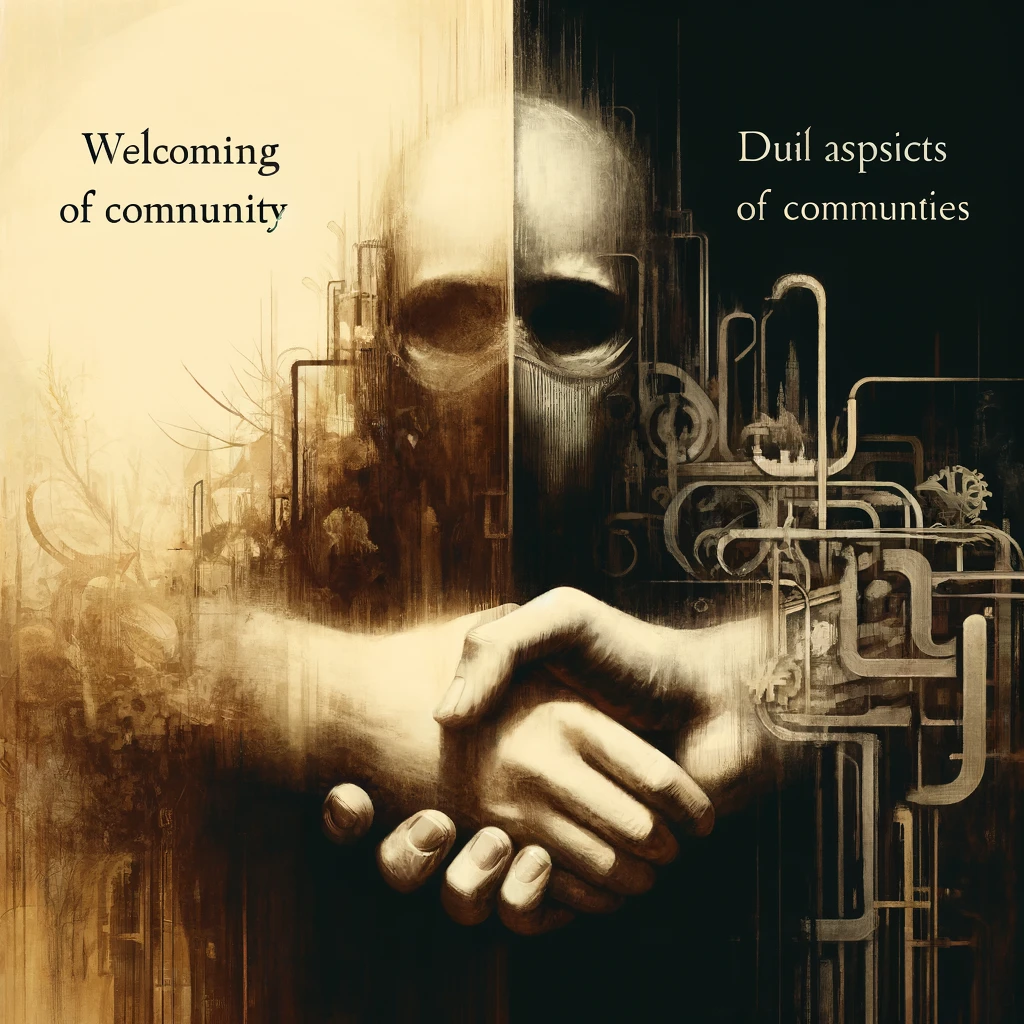Your cart is currently empty!

Unpacking ‘Intersectionality’ in Academic Research
I was first introduced to interdisciplinary studies and trans-concepts as a student in literature and film while at university.
I was first introduced to interdisciplinary studies and ‘trans-concepts’ as a literature and film student.
When I say literature and film student, I mean to say that was the class’s name. The university I attended was adept at infusing every corner of the humanities into the English program. After all, the humanities are vast rotating webs of knowledge. Who is to really say where one thought begins and ends in the realm of higher education and meaning-making?
My English program had a perfect focus on rhetoric and understood these discourses as mere ‘abstractions.’ We played with ideas. We had more questions than answers as we passed through the many intersections of the English program.
I always celebrated the freedom in higher education to enter into one subject area into not one subject and, by a class discussion’s end, land in a totally new domain. When I entered social work school, I wanted to broaden my scope beyond the platonic definitions and canonical understanding of the ‘real’ world’s discourse. After all, agencies in the human services have everything mapped out and defined. Money and insurance reimbursement requires it.
With this aim, ‘intersectionality ‘became a cornerstone of my foundation years in social work education. I recommend this approach to anyone in a generalist program or anyone interested in applying their degrees to more than one job type of skill set or practice.
I have always believed definitions themselves are unstable, and literary theory suggests the system of signification our very language ruptures and repairs itself, reconfiguring meaning when its suits the conversation, intentional or inferred meaning, and its translation into words.This is why I cross-pollinated my understanding of language and how words work to social work ‘speak.’
This helix-like structure I am referring to allows for access to meaning and ample space to do so without restricting or limiting the work.
With this said, I believe in the much-needed space for something academics call trans-concepts.
All interpretation and collective knowledge, any discourse out there, has liminal spaces and nodes that signal to readers and learners how to access meaning and draw an understanding from the body of knowledge that people can apply beyond social work or even the humanities.
Thus, every time I go about researching and reading up on a technique, I am also brushing up on other pertinent and related inquiry points.
I like to think of this as multitasking for learners, with an added component of freedom, which allows learners to travel beyond their discourse’s gates. This is crucial more than ever in social work.
We are living in a greater world of interdependence, with transnational Implications to our research. We cannot box ourselves into an academic minefield, which suits our local and immediate interests. The time has home to open the academic borers to allied fields and disciplines willing to take on the work.
In a world of greater interdependence, being aware of the allied fields surrounding or adjacent to our niches is even more important. Social work, psychology, and medicine – none of these disciplines work in isolation in practice, so why do researchers and academics forget about incorporating more transconceptual work into their research.
The benefits are clear. Aside from a broader and more applicable, accessible, and tested base to practice our research, the sheer increase in volume in ideas cannot be
So, transconceptual frameworks are truly a more dynamic and integrated way of approaching a field of study and its application, research, and practice in the field. I truly recommend putting my advice here into practice. Go ahead and begin expanding your field of vision.
Learn why you put up the blinders in some respects and focus on other things. Beginning to identify why things are important to you is the first step in debunking what doesn’t work for anyone and ideas to drive education truly.
This means identifying commonalities in ideas, linkages; weak points in access to meaning; unstable and definitions in need of further clarification and revision; and intersections with various fields and entry points into the chosen discourse under inquiry. These are just a few ways to re-imagining your way of tackling learning in a more dynamic world.





Leave a Reply